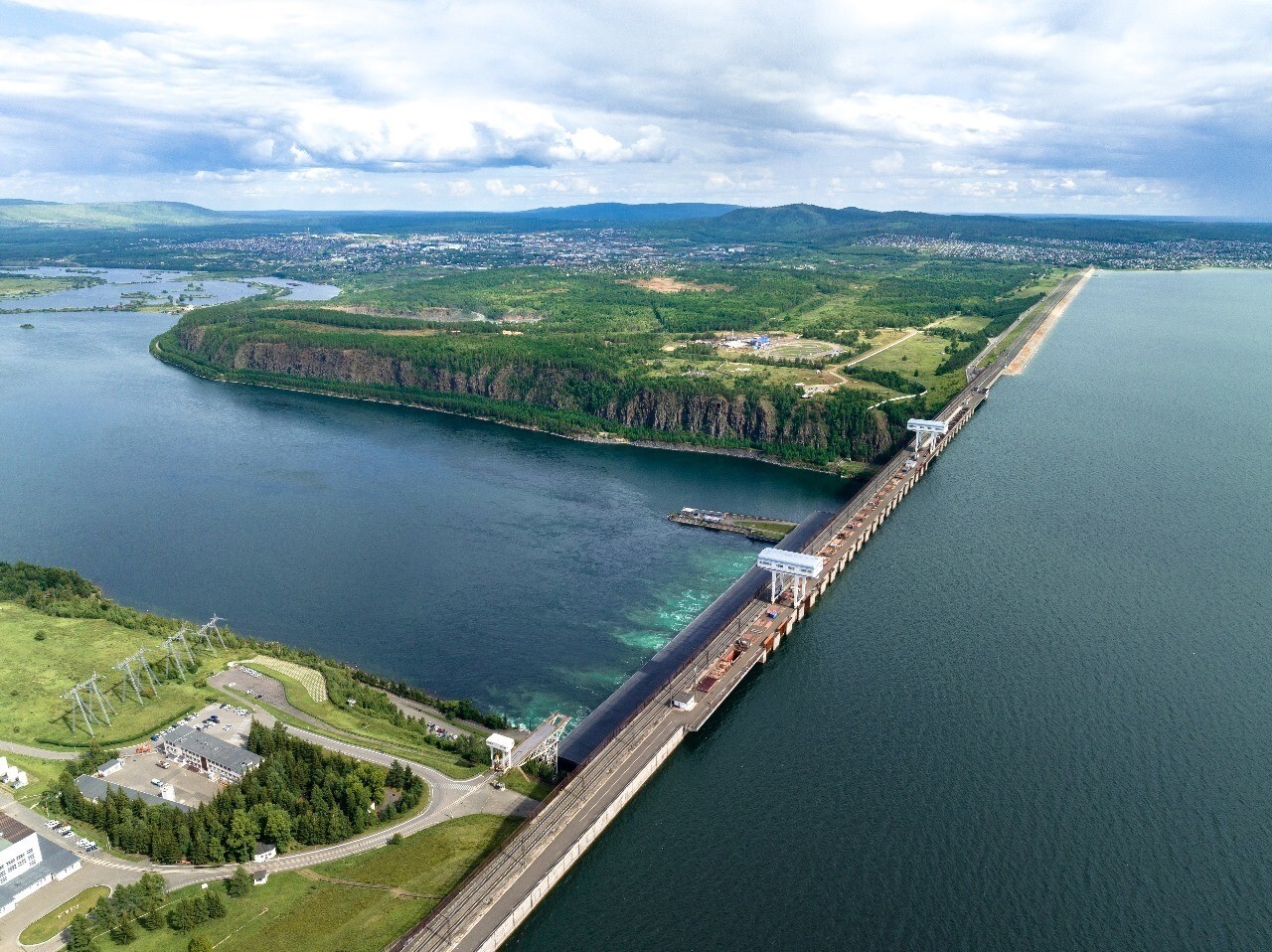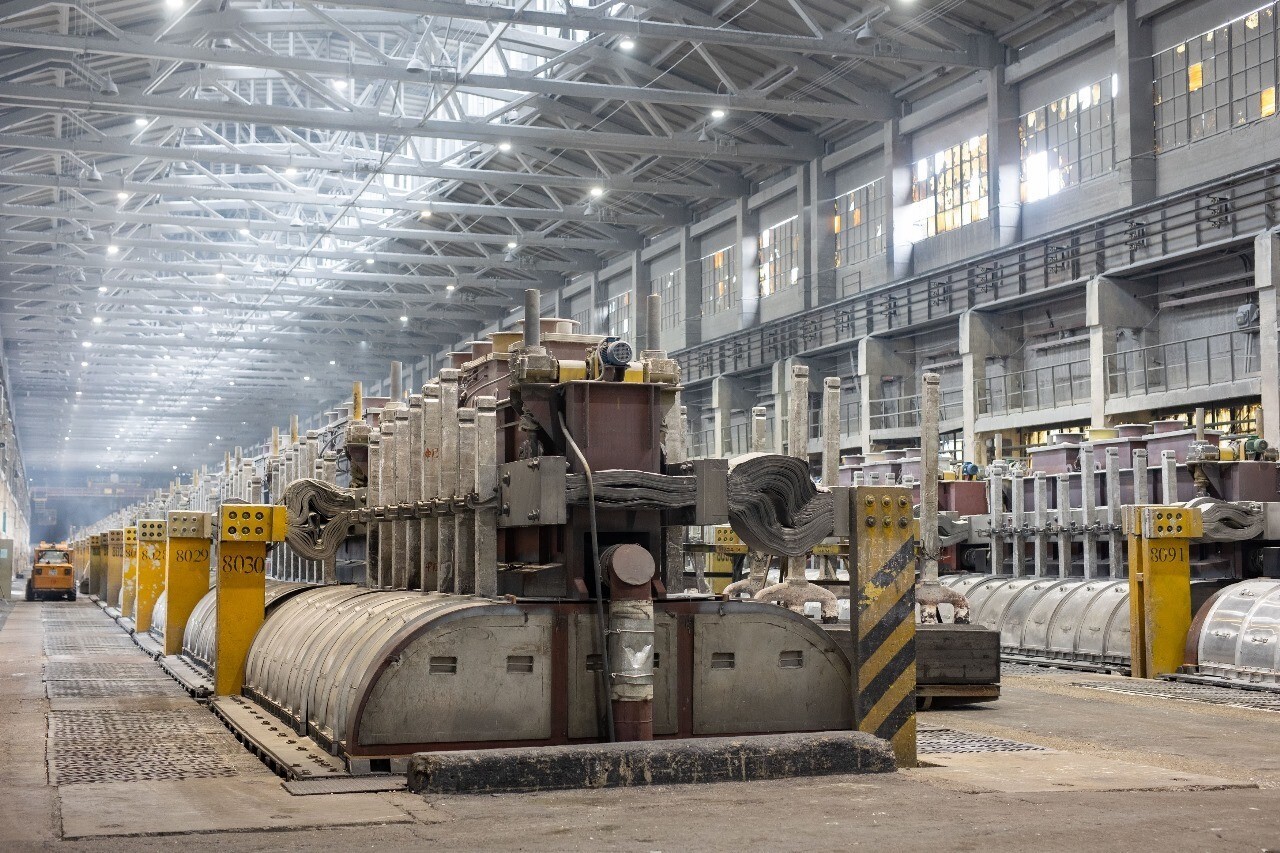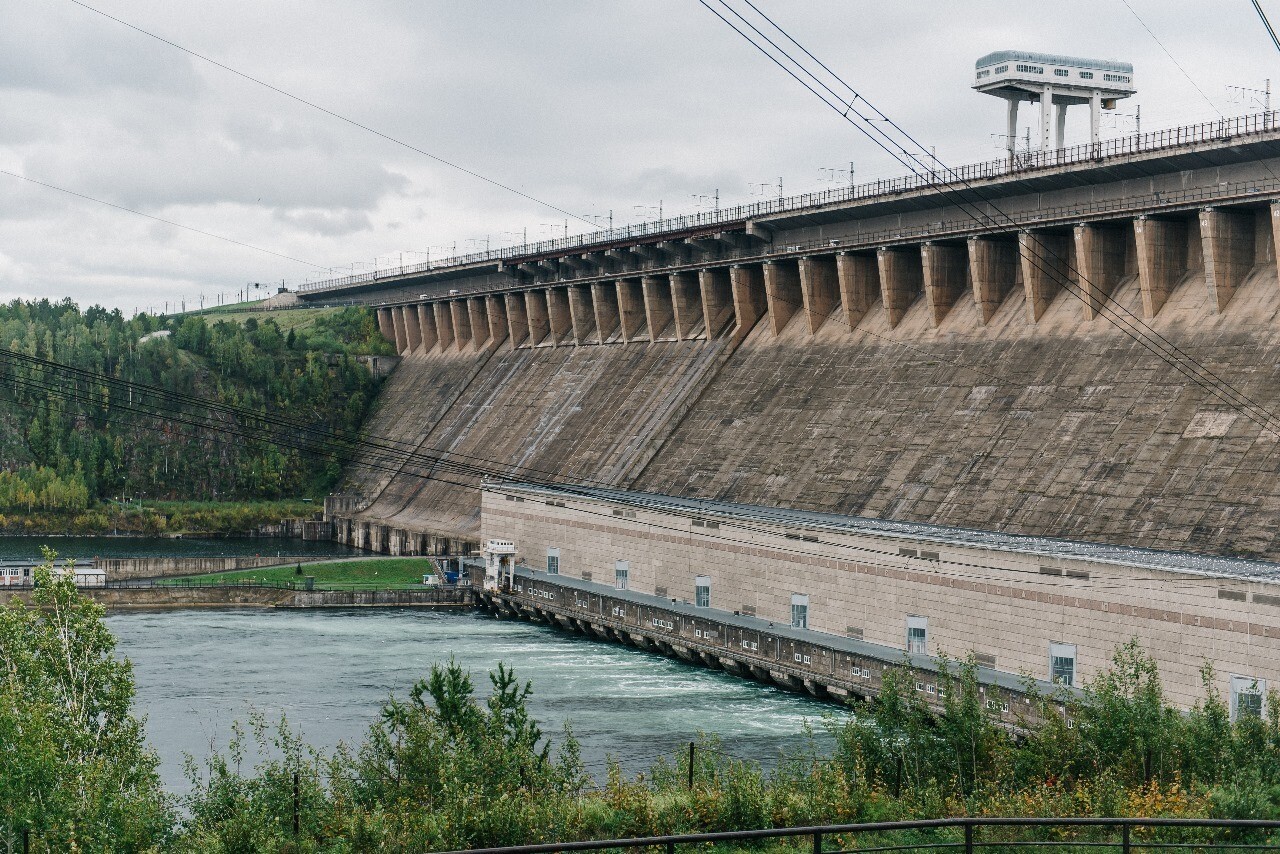

One of RUSAL's strategic goals is to create a fundamentally new approach to production that meets the principles of a low-carbon circular economy. To this end, the company is trying to implement best practices in managing environmental aspects, risks and opportunities. Among the company's key achievements during its existence is a 35 per cent reduction in gross emissions of pollutants, including those specific to aluminium plants: fluoride compounds by 69 per cent and Benz (a)pyrene by 73 per cent.

Also, discharges of industrial wastewater were reduced by 75 per cent and water consumption by 38 per cent. Waste generation was reduced by 33 per cent, with about 80 per cent of the generated waste (excluding overburden and red/nepheline mud) being recycled. Expenditures on environmental measures amounted to about $1.7 billion. What has already been done, and what activities are planned at RUSAL?
Air protection
RUSAL is implementing measures to achieve the goals of the state project called "Clean Air" in the cities where it is present: Krasnoyarsk, Bratsk, Novokuznetsk. Since last year, Achinsk and Shelekhov have joined the "Clean Air" project.
Key areas of activity to reduce emissions:

RUSAL factories have accredited sanitary-industrial laboratories that perform instrumental control over the established standards at emission sources. In addition, continuous automatic control systems at stationary emission sources operate in pilot operation mode. The Emission Detection video control system detects uncontrolled emissions of pollutants and controls their elimination while maintaining the history of all deviations. Infrared and ultraviolet spectrometers are used as part of automatic measuring complexes to determine the type of pollutants.
Seventeen automatic emission control systems have already been installed on the smokestacks of aluminium plants in Krasnoyarsk, Bratsk and Shelekhov and are in pilot operation mode. By 2026, it is planned to equip another 63 stationary emission sources with such systems.
RUSAL plans to completely eliminate excess emissions into the atmosphere at its factories and, by 2035, to significantly reduce the volume of pollutant emissions per ton of aluminium, that is, to achieve a decoupling effect (reduction of negative impact with production growth).
Rational water use
The activities of RUSAL, like any other organisation in the mining and processing industry, are impossible without the use of water resources. The main share of freshwater consumption falls on the enterprises of the alumina division (82 per cent in 2023) due to the specifics of production. RUSAL is focused on the use of closed water circulation in the main production processes and an increase in the volume of reused water. Enterprises regularly inspect water supply facilities to prevent leaks and other losses and monitor the quality of discharged industrial wastewater as part of industrial environmental control (IEC). By 2027, RUSAL plans to increase the share of recycled water supply in the process of producing alumina, aluminium and finished aluminium products to 100 per cent.
Waste management
As a result of the activities of RUSAL enterprises, various categories of waste are generated and classified as non-hazardous and hazardous. The goal is to minimise their generation and increase the share of their reuse and recycling. An important aspect is to ensure the safe disposal of waste that cannot be included in economic circulation at specialised facilities. In 2023, RUSAL adopted a production waste management strategy designed to last until 2030. Its main principles are increasing the share of waste reuse and recycling and organising the safe disposal of waste.
The company has its own waste disposal facilities. RUSAL uses various mechanisms to minimise the negative impact of these facilities on environmental components. In addition, all necessary measures are taken to ensure the safe operation of hydraulic structures intended for the disposal of part of the generated waste. Plans for the elimination of possible accidents have been developed for each such facility.
The company's plans by 2035 include:
Preservation of natural ecosystems and biodiversity
RUSAL's impact on biodiversity is primarily associated with land use, which changes landscape elements. Industrial sites, roads and quarries reduce the area of natural ecosystems, which changes the natural habitats of living organisms. The company is continuously improving its practices in the field of maintaining biodiversity. RUSAL participates in the activities of the working group at ASI Nature Positive and the working group of the Ministry of Natural Resources and Environment of the Russian Federation on entrepreneurship and conservation of biological diversity. RUSAL is implementing the "Conservation of Biodiversity and Improvement of the Quality of Ecosystem Services" project. The company plans to ensure a holistic approach to preserving biodiversity and supporting the availability of priority ecosystem services by 2035 by implementing its own programs.
"The Company identifies potential risks of new projects or development projects, determines the levels of significance of such risks, explores the possibilities of eliminating identified risks to biodiversity and natural heritage as a whole, and if this is not possible, their containment and mitigation," explains Alexander Chebotkevich, Acting Director for Sustainable Development at RUSAL.
Environmental volunteer projects
The low carbon wave
The volunteer environmental campaign "Green Wave" has been held annually since 2018 and aims to reduce carbon and improve public spaces, social institutions or enterprise territories in the cities where RUSAL and EN+ are responsible. About 8,000 people participated in seven campaigns, planting more than 11 thousand trees, shrubs and ornamental perennials. This year, in the northern cities of the region - Krasnoturinsk and Severouralsk, more frost-resistant species were chosen for landscaping: mountain ash, apple trees and lilacs. In 2024, RUSAL and EN+ employees from 22 cities participated in the campaign.
The River Day
The "River Day" environmental marathon is a series of environmental volunteer quests in coastal areas in the regions where RUSAL operates. The teams that collect the largest amount of waste receive prizes from RUSAL and the campaign's partners. The Yenisei Day environmental volunteer project was initiated by RUSAL and the Russian Geographical Society in 2011 as a one-time event to draw public attention to the problems of Siberia's main river. However, the response was so broad that it was decided to make the event annual. And already in 2012, the authorities of the Krasnoyarsk Territory, the Republic of Khakassia, and the Republic of Tyva, where the river's source is located, gave Yenisei Day the status of a regional holiday by special decrees. Since 2019, the project has been held in Krasnoyarsk, Achinsk, Sayanogorsk, and several other regions of Russia under the general name River Day. The goal of this large-scale event is to clean up coastal areas and unite the efforts of communities to keep rivers clean. In 2023, the project united about 2,000 environmental volunteers in 14 cities in Russia, who collected 37 tons of garbage, most of which was sent for recycling.

Forest fire prevention
Patrolling forest plantations on an area of 505 thousand hectares using aviation assets is aimed at preventing fires or speeding up their elimination. The project includes purchasing equipment, equipping paratroopers, and hiring and training workers. The project was registered in the carbon units registry, and the registry operator issued 1,351,054 carbon units (CU) to the Company's balance sheet, which RUSAL, among other things, transfers to offset the carbon footprint of such major international forums as the climate forum within the BRICS summit and WEF-2024. The first international transaction was also carried out: part of the units were acquired by the Arab investment fund Equity International to offset the carbon footprint of one of its assets. RUSAL's "forest" project has repeatedly been recognised as the best climate project in various competitions.
Responsible use of natural resources and minimising negative environmental impact is an absolute priority for RUSAL. The Company is implementing best practices in managing environmental aspects, risks and opportunities. The Company plans to achieve its goals, first of all, through the further implementation of advanced electrolysis technologies, energy efficiency programs at all stages of production, further transfer of enterprises to carbon-free energy sources, and the implementation of closed-loop economy principles. All this will, one way or another, positively impact the living and working conditions of employees.
Responses








